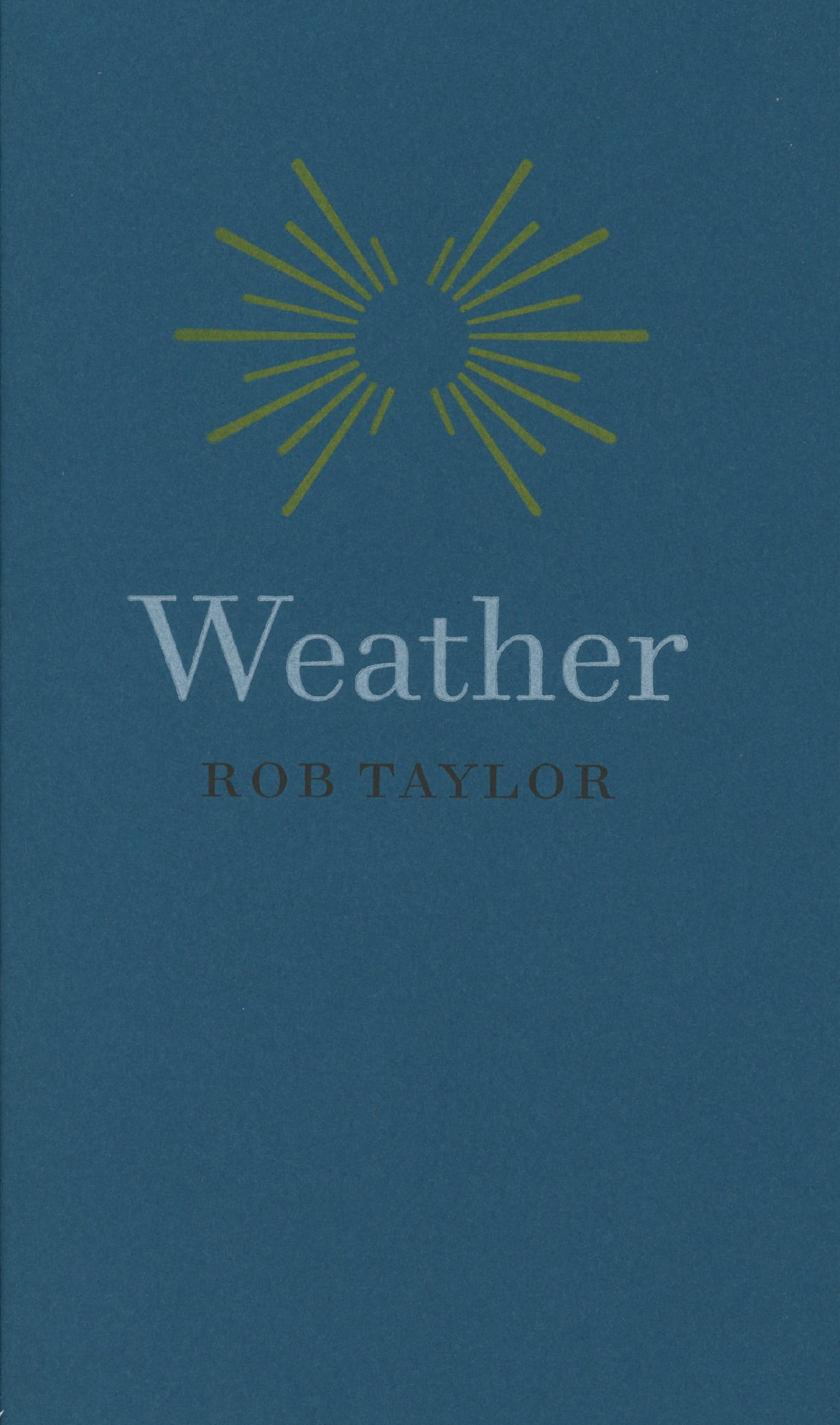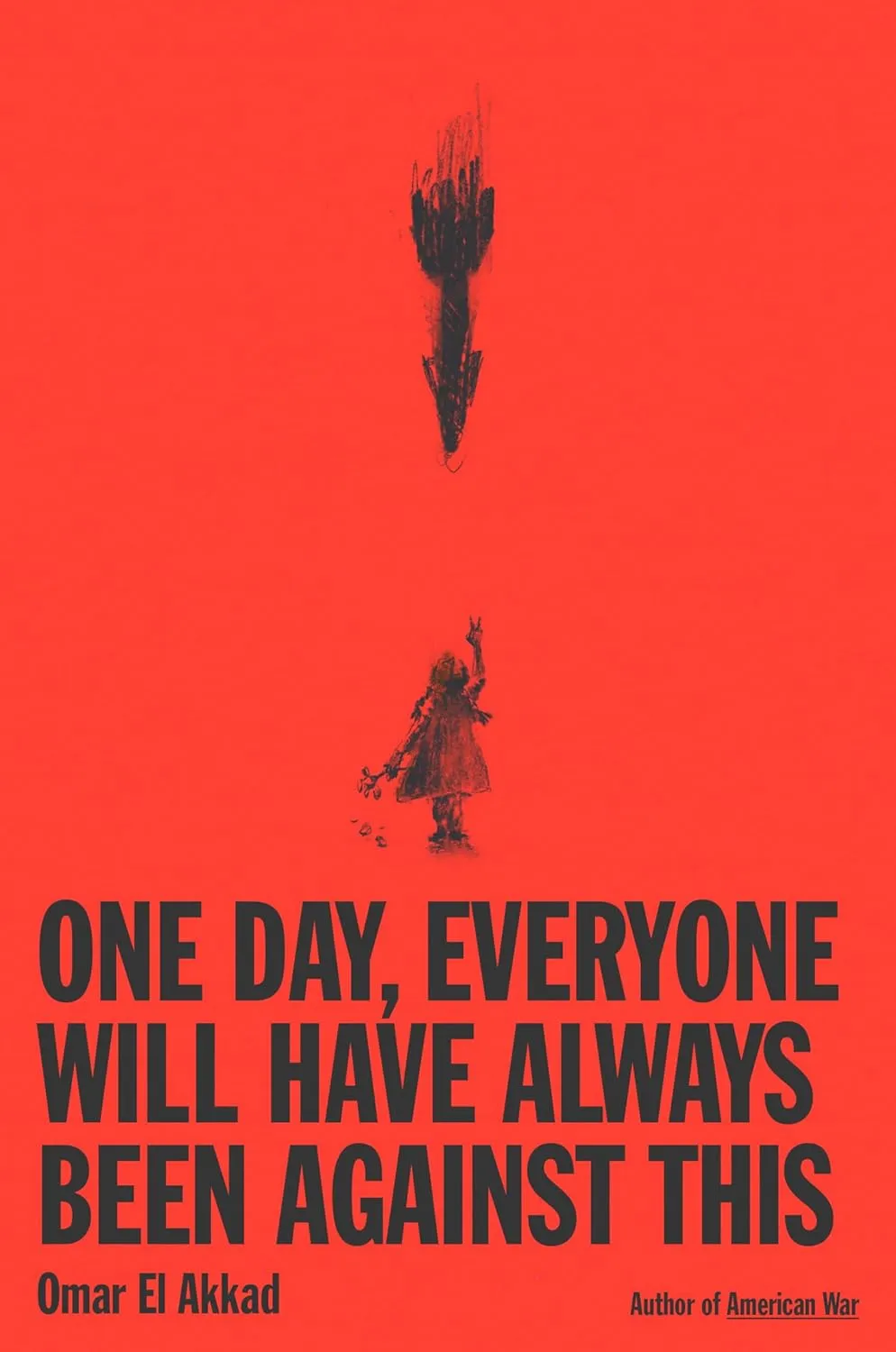Rob Taylor, Weather
But I’ll say this much: I wouldn’t put so much of myself into my reviews if it weren’t for Rob Taylor putting himself into his verse.

When I last reviewed Rob Taylor, for Arc Poetry Magazine in 2021, my father was alive.
Rob had stayed at Al Purdy’s A-Frame in Ameliasburgh, Ontario, a second home for Al, and a home I had the privilege of entering before it became the institution it is today, with all of his books still on the shelf, his Marshall McLuhan filled with incomprehensible marginalia, his nightstands filled with potboilers, and some of his authors complete, others telling in how singular his selection of them was.
I took photos of them on my iPod and don’t think I’ve ever been able to see them since. But it was humbling. I think they took the books completely out before they had their first poet in residence, understandably. Still, though.
My father had a huge affection for the A-Frame. Walden vibes. He would often take me there in his beat up Clifford-red Ford F150 to mow the lawn and drink Mooseheads and shoot the shit with Al on Roblin Lake. Who is Al? Not Purdy, Dodd. He has a beer bottle museum in his house in Kingston and definitely appreciated Purdy for his taste in property if not beer and books, as well. Al is a big Dark Tower fan.
So that’s the familiar context I came into reviewing Rob Taylor’s work Green Waves with all the way back in 2021, that year when everything seemed frozen in place and my girlfriend just on the cusp of being able to re-enter the country after a border lockdown had kept her stuck at her parents’ house in Poland for 12 months because she missed the flight home to Montreal by 1 day before everything went to shit vis-à-vis the pandemic. Crazy time. Now it’s 2025.
So I am glad to finally be revisiting Rob Taylor’s verse. The book is thick. Gaspereau Press published Weather just last year, in 2024, and the manuscript runs well over 100 pages, the poems themselves taking up residence between pages 15 and 113, so 98 in total.
It’s a sumptuous Egyptian blue cover, like the rugs in my hotel room, with a sunshine motif in yellow embossed above the title of the work in oyster shell white, author name underneath in all caps no. 3 pencil graphite.
The quality of the paper reminds me of Porcupine’s Quill (this is my second Gaspereau book ever, but only the first I’ve ever reviewed; the first being Klara du Plessis’ Unfurl, 2019).
The last thing I quoted from Rob Taylor in 2021 stayed with me ever since. What he said about Purdy, about not being a good enough drinker to be buddy buddy with him as a poet.
More interestingly, beyond paternal doting and filial piety, is this deference for Purdy in Taylor’s work. At first, talking about reading him as a young boy then again as a grown man, Taylor writes “I doubt you’d have liked me. I don’t drink. / I make nice. I stunt my opinions. […] If we’d met you wouldn’t have let me crash one night / in the loft. Now I’ve slept in your bed for two months.” There’s always a bit of a myth surrounding one’s heroes, although perhaps he’s got a point. There’s the poet and then there’s the man. It’s the same sense you get when you read Bowering, Heighton, Guth, on Purdy. That’s what makes Purdy’s presence so intimidating yet so inspiring, and Taylor voices it perfectly. Funny what outlives, at last.
The poems in Weather are sometimes page-length and sometimes Nelson Ball minimalist, but three to a page when brief, except for the first:
after long labour
the morning moon over the river
in our arms
The book begins.
A few pages in:
August rain—
every bulb
of the blackberry
Have you ever seen a blackberry bulb in person? This poem... says so much with so little. I’ve known Rob for years and don’t know how he does it.
People complain about people who talk about the weather. But it’s an overgeneralization. They don’t hate people who talk about weather. They hate people who make small talk talking about weather.
Rob Taylor’s Weather might excel in minimalist tercets, but is anything but small talk.
This is how we measure our time here.
We were driving when my partner said “so many birds, a murder of birds,” while listening to Vinyl Café nonchalantly.
“That's a skein. They must be returning from winter. Literal snowbirds,” I added.
That’s how folks in Ontario measure their time here. By the hundreds of birds in the sky. Spring has arrived. We don’t really see this in Quebec. Too city where we live, probably.
I say this with a heightened tone of doubt and uncertainty, then flip the page. Page 35:
The Mountains
the mountains birth bears
and we shoot them
or shoo them away
bear scat below
apple trees
and half-eaten apples
one hundred crows
burst from the tree line
over the inlet
in every stream
salmon
breaking open
listen for twig-snap
for bramble
for breath
the crows return
and depart, return
and depart
the mountains
are dark
with their leaves
It confirms I wasn’t exaggerating. It really is hundreds of birds. We count with our eyes. We know our clouds. We feel petrichor, we don’t write the damn word for pomp and ceremony. We live it.
If you see 20 birds alight after someone dear has died, that’s a sign of premonition, that’s a sign of good luck.
As I write this a flash of lightning goes off behind me, a silhouette of Kingston city hall alighting before me on the hotel room wall. I write reviews and momentarily become a secondhand shop idol.
I continue to read these poems. I am now on page 57. I think of Alice Burdick’s Holler. I continue without word.
Other bits come off as long overdue jokes:
shallow bathwater—
I name my discovery
Belly Island
Perfect, no notes.
a branch falls
and knocks Spring and All
from my hands
Rob Taylor and I are the same kind of motherfucker to read poetry on the roots of some poor sap(ling) and write a poem about it when we inevitably get interrupted by nature. I’m just the beer-drinking variant of him at this point. Where he reads William Carlos Williams, I read Baudelaire. We are not the same.
There are so many resonances in this work, it would be impossible for me to pin each down in prose.
But I’ll say this much: I wouldn’t put so much of myself into my reviews if it weren’t for Rob Taylor putting himself into his verse.
I owe you one, Rob, even if it’s in the form of decaf, not lager. I assume you’re the same way about coffee but who am I to judge?
Bibelotages Newsletter
Join the newsletter to receive the latest updates in your inbox.



